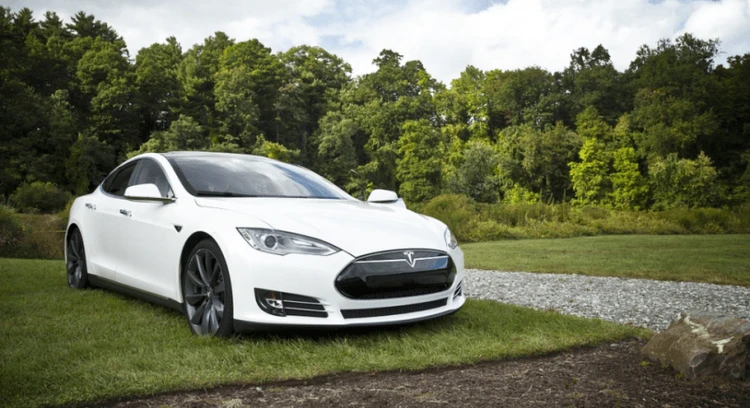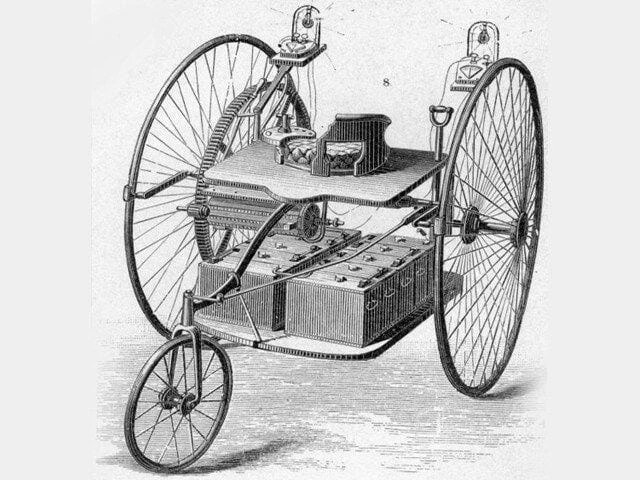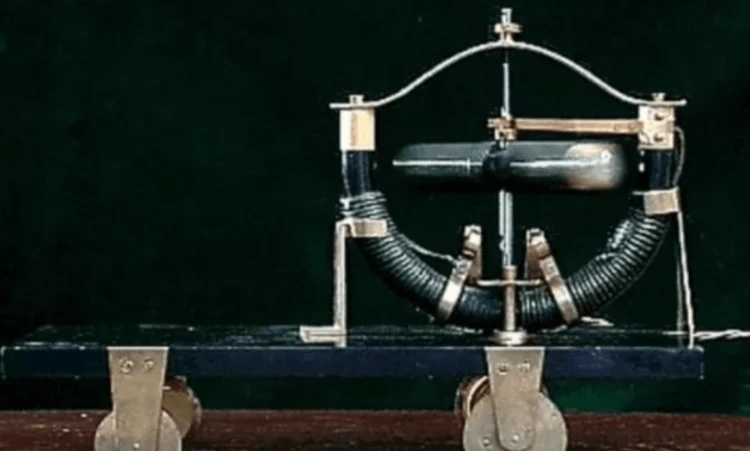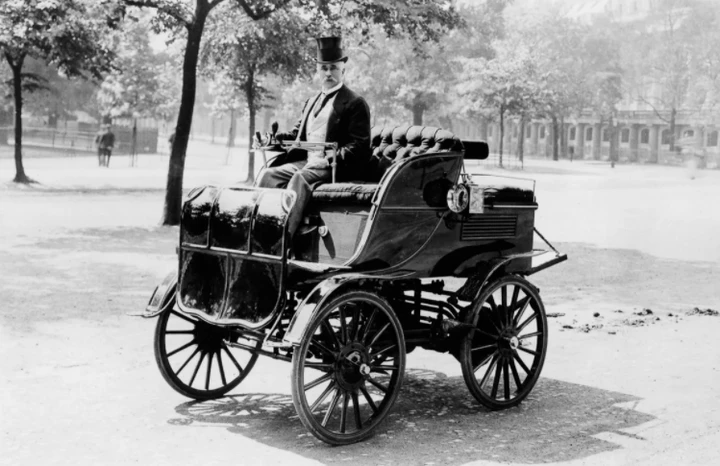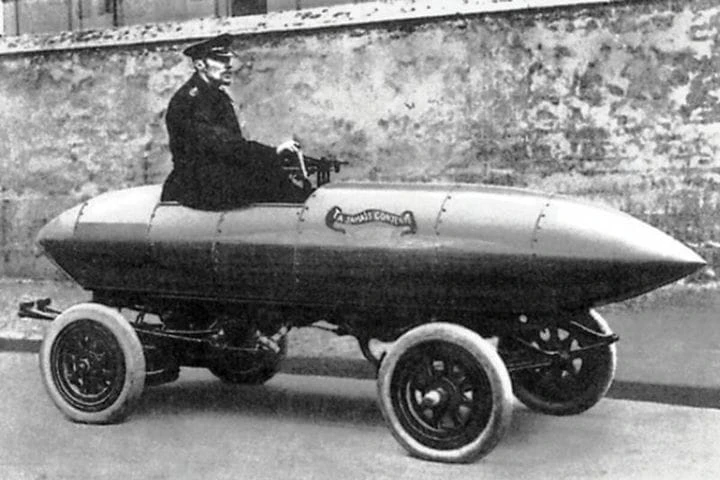What were the first electric cars
It's no news that petrol or diesel cars are much cheaper and more common than electric cars.
Quite often, electric cars are perceived as something innovative, high-tech, and something that humanity has recently encountered.
The standard of perception of a modern electric car. It is constantly on the buzz, flashes in the news and is some hell of a hybrid of computer processing power and modern electrical engineering.
What you probably don't know is that electric cars actually appeared decades before petrol or diesel cars, and for a long time even led the transportation race around the world.
Surprisingly, it once seemed that the future of transport was in electric cars. The situation was reversed by the policies of Henry Ford. The decline in the price of gasoline cars, the simplification of their production and the discovery of new oil fields make the production and maintenance of electric vehicles more and more unprofitable. ICE come out ahead and confidently lead.
In the 1910s humanity
The first electric “self-propelled guns” appear in the 20-30s. XIX century.
In 1828, a physicist from Austria-Hungary, who was the first to design a three-wheeled carriage that moved due to the energy of an electric motor.
The 1830s are especially rich in work in this area thanks to. This made it possible to simplify the design of the electric motor and make it cheaper and more efficient.
In 1832, a Scottish inventor. The invention, however, does not receive development due to the use of disposable power supplies. In fact, they were batteries.
1834 American. A year later, the Dutch professor Sibrand Strating and his assistant Christopher Becker created their own electric self-propelled cart.
However, it was difficult to call these cars electric cars, because they could only accelerate up to 6 km / h.
Despite the massive attempts to create electric vehicles by scientists from all over the Western world, the idea does not receive proper development due to the technical imperfection of the industry.
Despite the rather tangible advances in electric vehicles, batteries that could be recharged and reused had not yet been invented in the first half of the 19th century . The battery must also be small enough to be mounted on a cart that won't fall apart under the weight of the power supply and take up half the street. This was a huge problem! And it has existed almost to the present day, which ruined the development of electric transport. It is only today that new battery systems are emerging that are able to solve such problems and have a compact size and high performance.
However, the situation changes in 1865, when the French
The invention spurs the development of electric vehicles and enthusiasts from all over the world rush into the transport race with renewed vigor. Indeed, now such opportunities are opening up before us!
“Forty years of peace”, during which Europe did not know wars and did not suspect about the storm of the First World War, which was preparing to break out over the planet, coincided with the “golden age” of electric vehicles, which were used everywhere by the aristocracy and bourgeoisie.
Electric cars at that time shone: they were used by taxi drivers of the largest cities in Europe and America. It was profitable, convenient and quite inexpensive.
The Belgian Camille Genazzi was the first to break the 100 km/h speed limit in an electric car.
Electric vehicles have always been distinguished from cars by their low speed and ease of operation. The design was also very simple. Indeed, in such a cart, there is nothing especially to be smart about. This has always attracted increased attention to electric cars.
By the way, it is useful to know that trolleybuses and trams are not electric vehiclesbecause they are arranged differently. An electric vehicle is a vehicle that uses electric energy obtained from a chemical current source to drive the drive wheels.
